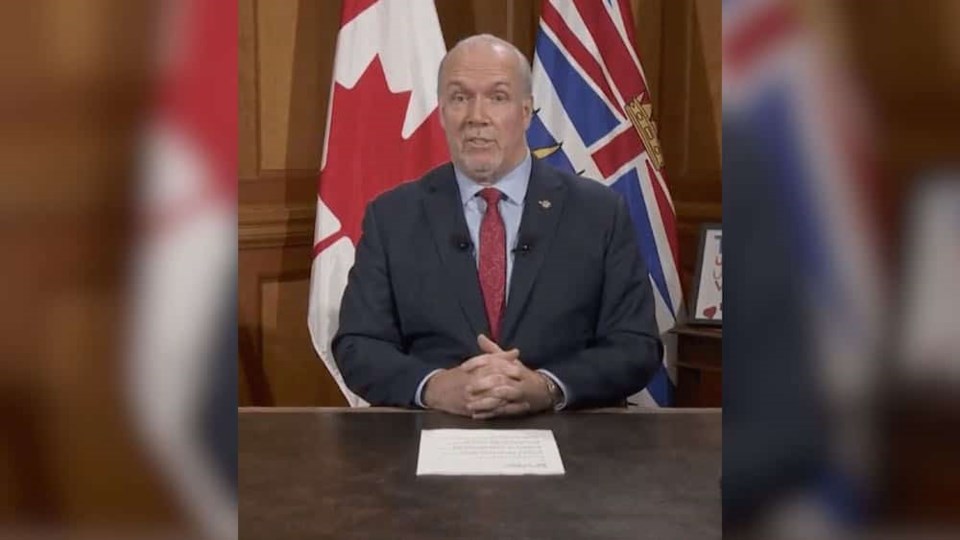The Province of British Columbia has formally extended the provincial state of emergency, allowing health and emergency management officials to continue to use extraordinary powers under the Emergency Program Act to support the Province's COVID-19 pandemic response.
The state of emergency is extended through the end of the day on Nov. 10, to allow staff to continue to take the necessary actions to keep British Columbians safe and manage immediate concerns and COVID-19 outbreaks.
A provincial declaration of a state of emergency allows the Province to implement provincial emergency measures and allows access to assets that may be necessary to prevent, respond to or alleviate the effects of an emergency. This is a temporary measure authorized by the Emergency Program Act.
The extension of the provincial state of emergency is based on recommendations from B.C.‘s health and emergency management officials. The original declaration was made on March 18, 2020, the day after Dr. Bonnie Henry, provincial health officer, declared a public health emergency.
On July 10, the COVID-19 Related Measures Act came into force, enabling provisions created for citizens and businesses in response to the COVID-19 pandemic to continue as needed should the provincial state of emergency end.
Today, Provincial Health Officer Dr. Bonnie Henry reported that there are 217 new cases of the novel coronavirus (COVID-19) in British Columbia, for a total of 13,588.
“Always using our layers of protection reduces the potential for the virus to spread and is an important part of our COVID-19 response in B.C," said Henry.
“In addition to washing our hands often and staying home when ill, our protective layers include limiting our time with people outside of our household, keeping our groups small, giving people the space to stay safe and if that is challenging, using a non-medical mask.
Henry added that using a mask is especially helpful in public indoor spaces where you don’t know the people around you and the risks they may have.



